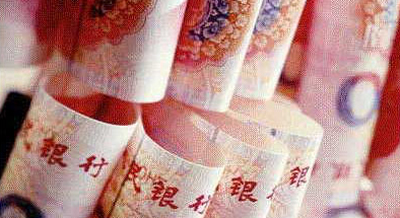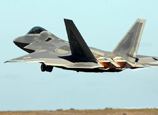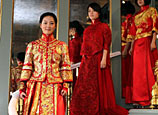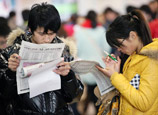
 |
The Bank of England recently announced it has reached an agreement with the People's Bank of China to establish a currency swap arrangement. That could make London the European hub of Renminbi trade, which has increased rapidly since currency restrictions were liberalized in 2010.
In Asia, direct trade in Renminbi has been underway for some years, and, as CCTV correspondent’s Tony Cheng reports, Thailand has seen a sharp rise in usage of China’s currency.
Money makes the World go round and for decades, that money has been US dollars. Increasingly however Renminbi is being used in direct trade.
And in Thailand, research by one of the Kingdom's leading banks has shown Renminbi direct trade has increased five times in the past year. The growth area is between SME’s. 6 months ago Nutsakol Charoensatit set up a small company selling preserved fruits. Canned Durian and Mangosteen in syrup are his best sellers, and the main market is Southern China. He finds trading directly in Renminbi is actually more stable than dollars.
Nutsakol Charoensatit, Managing Director of Charoen Dessert Co., said, "Nowadays it is pretty good because the currency rate doesn’t swing too much, and if we do exchange we tend not to lose out because of currency fluctuations."
Thailand is a major producer of commodities like rubber, timber and rice that have found a substantial market in China. It’s also the major manufacturing base in ASEAN, and a major importer of Chinese materials. Most of these products, however, remain priced in dollars. But that is something that could well change, if Chinese traders quoted prices in Renminbi.
Songpol Chevapanyaroj, Executive VP, Kasikorn Bank, said, "I think people will do more trades with Rengminbi…I would think so."
And while use of Renminbi is definitely increasing in Thailand, in reality, it is still on a relatively small scale.
About four million dollars of foreign currency is passing through this counting house every day. But while they have seen huge increases in the use of Renminbi, it still remains behind more easily traded currencies, the US dollar, the Euro, and even the British pound.
But the barriers and restrictions on China’s currency are slowly slipping away. And with the Advent of the Asean Economic community, and greater
Inter Asian trades, and the greenback may slowly be making way for something a bit more red.
















 Farmers in E China's Fujian prepare for spring sowing
Farmers in E China's Fujian prepare for spring sowing


![]()
